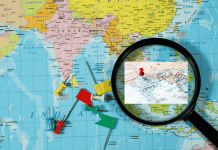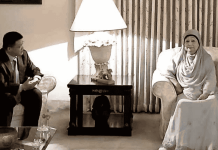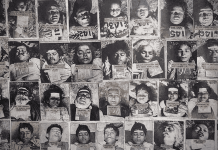“There was no discussion on RCEP in the summit,” Vijay Thakur Singh, Secretary, East, MEA, said during a press conference.
The RCEP is a proposed free trade agreement in the Asia-Pacific region between the ten member states of the Association of Southeast Asian Nations (ASEAN) namely, Brunei, Cambodia, Indonesia, Laos, Malaysia, Myanmar, the Philippines, Singapore, Thailand, and Vietnam and five of ASEAN’s FTA partners — Australia, China, Japan, New Zealand and South Korea.
In November last year, India decided not to join the RCEP agreement as its key concerns were not addressed. The key issues behind New Delhi’s decision not to be part of RCEP included inadequate protection against import surge, insufficient differential with China, possible circumvention of rules of origin, keeping the base year as 2014 and no credible assurances on market access and non-tariff barriers.
Last month, China said it will welcome India back to negotiations on the RCEP at an appropriate time.
On May 19, Chinese Vice Minister of Commerce Wang Shouwen said at a press conference said that talks on the regional free trade deal are proceeding smoothly, with participating members in intense discussions on a few remaining issues, state-run Global Times reported.
During the virtual summit held today, Modi and Morrison decided on a shared vision for maritime cooperation in the Indo-Pacific region to harness opportunities and meet challenges together as Comprehensive Strategic Partners.




